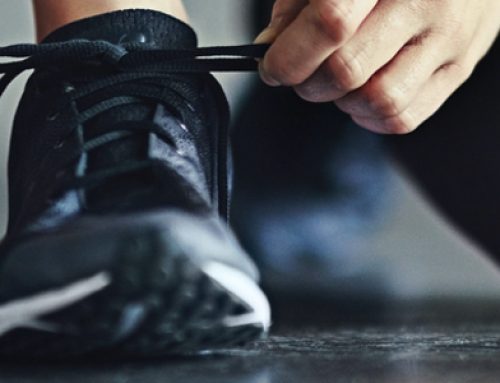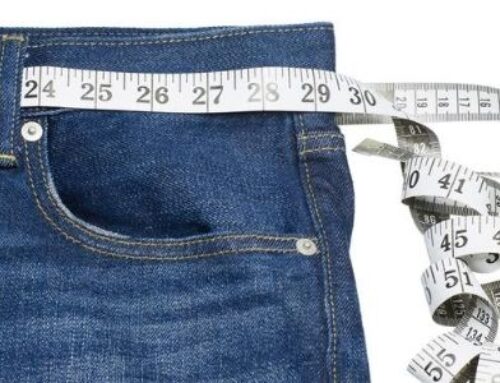 If you’ve been gradually putting on weight over the years, then having a thorough look at your daily ‘drinks’ is probably one of the best things you could do in terms of making some positive long-term changes to your diet.
If you’ve been gradually putting on weight over the years, then having a thorough look at your daily ‘drinks’ is probably one of the best things you could do in terms of making some positive long-term changes to your diet.
So, are you drinking your calories? If you’ve been putting on weight or struggling to lose it, then, yes, you probably are.
The Problem
Your body needs energy to function (grow, repair, move etc). This energy comes from the food we eat (protein, fat, carbohydrate and alcohol) and we measure this energy with one of two units – calories or kilojoules (1 Calorie = 4.2 kilojoules).
When you’re drinking beverages other than water (or herbal teas, black teas or black coffee), depending on what you’re drinking, you’re going to be consuming a significant amount of energy.
You might be thinking that most drinks, even soft drinks, aren’t that high in calories. True, 250ml of Coke has the same amount of energy as an apple (about 100 calories), not a lot in the scheme of things. However, these drinks can quickly add up. For example, it’s not uncommon for someone’s day to look like this:
- 2 regular espresso latte coffees, one at breakfast, and one later on in the morning.
- 1 can of soft drink (375ml) with lunch.
- 2 cups of white tea with one sugar each, one in the afternoon and one after dinner.
- A protein shake after the daily workout.
- A glass of wine with dinner (standard size, not big carl!).
All these drinks equate to 740 calories (3100 kJ) of energy each day, on top of all the food you’re eating. Weight loss is definitely not happening, no matter how good your meals are!
I’ve met people drinking over a litre of soft drink or fruit juice every day and claiming to me that “they can’t lose weight”. I’ve met people who drink 6 lattes a day and wonder why they’ve put on so much weight over the past few years of their life. Their drinks have been letting them down. Just because they don’t fill you up doesn’t mean they’re not contributing to your energy intake. A glass of cordial at dinner, half a glass of fruit juice a breakfast or a glass of milk when you’re feeling thirsty are all going to add up. Take an inventory of your daily drinks now, what do they add up too?
Awareness
One of the major problems with drinking your calories is that you’re often doing it while you’re doing something else. This means that you’re awareness of how much energy you’re consuming during the day is highly impaired. Poor food awareness is why so many people, who have these drinking habits, still feel clueless as to why they can’t lose weight. All they can recall are their meals (which seem relatively healthy to them). They can’t remember all the drinks.
The scenarios usually go like this:
- You’re sipping on coke while you’re working at your desk
- You’re grabbing a coffee or hot chocolate every time you take a break from your desk, go to the shops or meet with a friend/colleague
- You reach for a cup of tea whenever you feel thirsty
- You buy a drink every time you buy your lunch and the sales assistant asks: “Would you like a drink with that?”
- You sip a glass of wine while you’re cooking dinner
Poor Appetite Control
The other problem with drinking your calories in this way is that many of these drinks don’t tend to fill you up or stop you from eating or drinking other foods later in the day.
In fact, research show’s that people who drink soft drink daily don’t actually eat less, debunking the theory that the extra sugar they’re consuming suppresses their appetite. In most cases drinking soft drink and other similar beverages is actually associated with eating more.
A regular intake of high sugar drinks, like fruit juice and soft drink, will also lead to poor blood sugar control from the large dose of sugar into the body. This can lead to excessive hunger later on, more sugar cravings and mood swings.
Low Nutrient Density
Most high sugar drinks contain little or no nutrition. Nutritionists say that these drinks have poor nutrient density because they offer energy but very little vitamins, minerals and fibre.
Good nutrient density is a must with all the food and drink we consume. It’s not enough to just control your calorie (energy) intake. You might be counting your calories to lose weight, but if the energy is coming from foods with poor nutrition then you’re diet will not be supplying your body’s nutrient needs. This kind of diet does not support long term health.
You’d be much better off ditching the high sugar drinks and moderating your milk drinks (coffee, hot chocolate etc) so you can get your daily energy needs from more nutritious foods such as vegetables, legumes, fruit, nuts, seeds, whole grains and lean meats etc.
How to Ditch Your Unhelpful Drinks
Start by drinking more water. Often times you’re reaching for those high calorie drinks because you’re thirsty. Ensure that you are well hydrated and you’ll remove one of the physiological reasons for wanting that soft drink or coffee.
Slowly cut back on caffeinated beverages. If you drink numerous cups of coffee, hot chocolate, mocha or cola (Coke or Pepsi) every day you are going to experience tremendous caffeine withdrawals when you try to cut them from your diet. The best way to go is gradually reduce your drinks over a period of a few weeks.
Make sure you’re eating good quality food. You need to regain control over your appetite and eliminating the high sugar beverages from your diet may leave you with strong cravings unless you’re feeding yourself properly. If you’re skipping meals, not eating enough and have very sporadic food habits you’ll find cutting out the extra drinks quite a challenge.
In the end, you’ve got to take a good look at a days worth of drinks, write them down over a week or so and then add up how much energy they are adding to your day with a calorie counter. Once you have a clear picture of what you’re currently drinking make a plan to gradually scale this back. If you need help, make an appointment to see one of our nutritionists! We’ve got heaps of tailored, individual advice that can help get you started!
If you’d like further help with your nutrition please click below:





